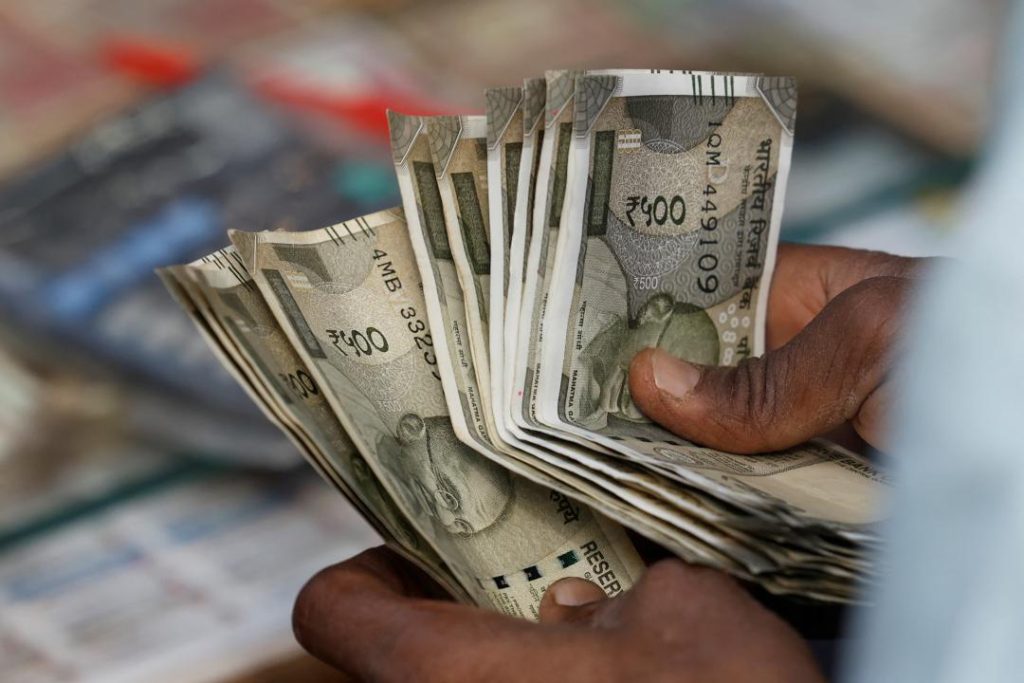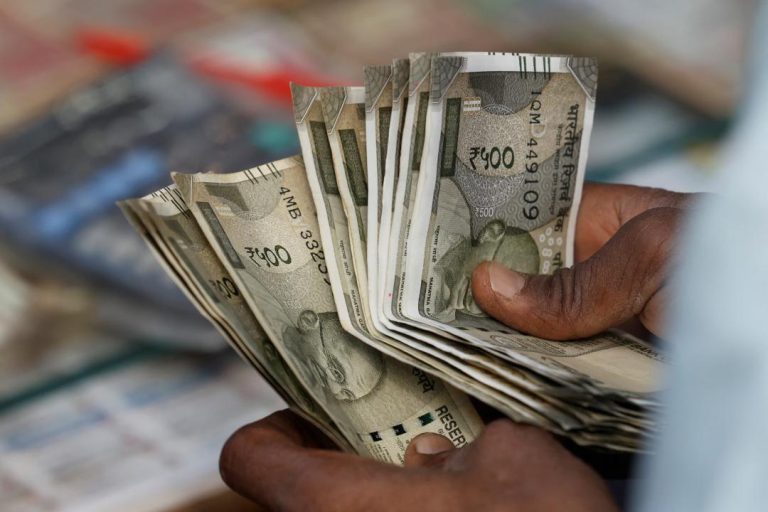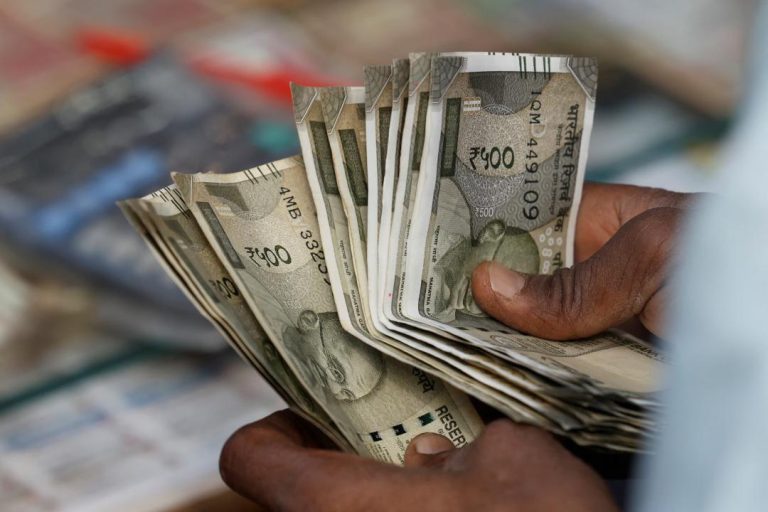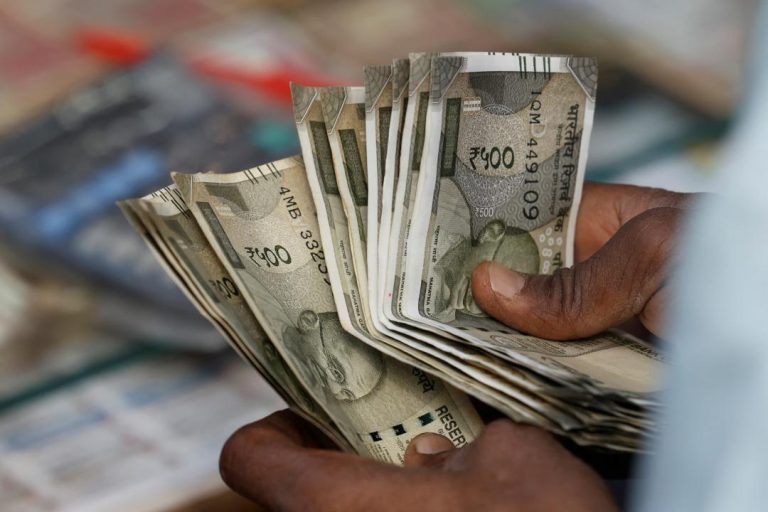
What Got Cheaper & Costlier in March as CPI Falls to 67-Month-Low of 3.34%?
March has brought a sigh of relief for Indian consumers as the retail inflation, measured by the Consumer Price Index (CPI), has fallen to a 67-month low of 3.34%. This significant decline is a result of a downward trend in prices of essential commodities like eggs, vegetables, and pulses. On the other hand, some items like spices, meat, fish, housing, recreation, and amusement saw marginal declines in prices, while fruit prices experienced a sizeable jump. Additionally, prices of certain goods like cereals, milk, oil, sugar, confectionery, clothing, snacks, sweets, pan, tobacco, footwear, fuel, health, and education saw marginal rises.
According to the data released by the Ministry of Statistics and Programme Implementation, the CPI for March 2023 has recorded a decrease of 0.22% compared to February 2023. This decline is a welcome respite for consumers who have been grappling with rising prices for some time now.
The Cheaper Options
The prices of eggs, vegetables, and pulses have seen a considerable decline in March. Eggs, which are an essential part of a balanced diet, have become cheaper by 6.4% compared to February. Vegetables, which are a staple in most Indian households, have seen a significant drop of 6.1%. Pulses, which are an important source of protein, have become cheaper by 5.5%.
Other items that have seen marginal declines in prices include spices, meat, fish, and housing. Spices, which are used to add flavor to our food, have become cheaper by 0.4%. Meat, fish, and poultry products have seen a decline of 0.3%, while housing costs have dropped by 0.2%.
The Costlier Options
On the other hand, fruit prices have seen a sizeable jump in March. Fruits, which are an essential part of a healthy diet, have become costlier by 6.1%. This increase may be attributed to factors like weather conditions, transportation costs, and supply chain disruptions.
Other items that have seen marginal rises in prices include cereals, milk, oil, sugar, confectionery, clothing, snacks, sweets, pan, tobacco, footwear, fuel, health, and education. Cereals, which are an important staple in many Indian households, have become costlier by 0.3%. Milk, which is an essential dairy product, has seen a rise of 0.2%. Oil prices have increased by 0.1%, while sugar, confectionery, clothing, snacks, sweets, pan, tobacco, footwear, fuel, health, and education have all seen rises of 0.1%.
What Does This Mean for Consumers?
The decline in retail inflation and the corresponding decrease in prices of essential commodities like eggs, vegetables, and pulses are a welcome respite for Indian consumers. With prices becoming cheaper, consumers can expect to spend less on these essential items, which will help to reduce their overall expenditure.
However, it is essential to note that the prices of some items like fruits, cereals, milk, oil, and sugar have increased. Consumers will need to be mindful of these price rises and adjust their budgets accordingly.
Conclusion
The retail inflation in March has fallen to a 67-month low of 3.34%, which is a significant decline compared to previous months. The prices of eggs, vegetables, and pulses have seen a considerable decline, while prices of spices, meat, fish, housing, recreation, and amusement have seen marginal declines. Fruit prices, on the other hand, have seen a sizeable jump. Consumers can expect to spend less on essential items like eggs, vegetables, and pulses, but will need to be mindful of the price rises in other goods.






